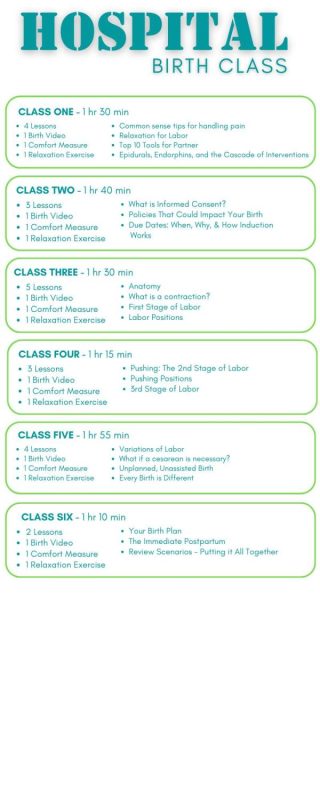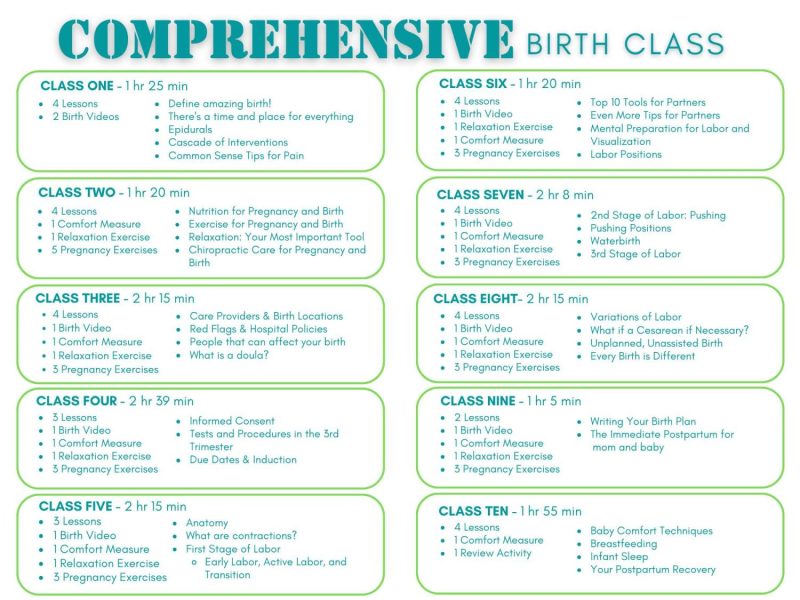What is the difference between a doula and a midwife?
Doulas frequently gets asked the question, “So you are like a midwife, right!?” While it is awesome that more and more people are becoming aware of the terms “midwife” and “doula,” the two have very different, yet complementary roles.
Understanding their differences can help you make important choices regarding your birth and understand the roles of your support team.
Let’s start with the midwife. Midwifery care is an important part of mother-friendly care and women around the world birth with skilled midwives and have excellent outcomes.
Your midwife:
- Your midwife is a health care provider. She has clinical skills and can do things like take your blood pressure, palpate your baby, check fetal heart tones, and perform a vaginal exam.
- Because of this role, your midwife can make calls about you or your baby’s health. She may determine if interventions or transport are needed.
- You midwife meets with you many times during your pregnancy, just like an OB would. She will have visits once a month, increasing to two times a month at the end, and weekly for the last few weeks.
- There are several purposes to these visits, but a big one is that she will check your vitals and other signs of health to make sure that you and baby are doing well and are in good form and ready for a healthy birth.
- Your midwife can make recommendations regarding our health. She may tell you that you need to eat certain things, or she may refer out to another health care professional if she feels that your needs are outside her scope of practice.
- A midwife is usually recognized by a national accrediting organization and often state laws. (There is some variation here according to state laws.)
- As a recognized health care practitioner, she must abide by the scope of practice set forth by her state of licensure or her professional organization. This may mean that she must transfer your care in certain situations or may not attend certain types of deliveries.
Now let’s consider the doula. The word means “woman servant or slave” but really refers to someone who assists during childbirth without clinical duties.
Women have, for millennia, been surrounded by supportive, experienced women who attend to their needs during childbirth. A few hundred years ago, these women were family and friends and others who had given birth previously.
The modern doula steps into this support role for modern women. Despite our advancements, the need for emotional support is just as real as ever for birthing women today.
Your doula:
- Your doula is not a health care provider. She may not legally give you medical advice or perform any clinical skills or tests nor can she interpret these tests.
- Because of this unique role, your doula is ready to listen to you and support your decisions regarding your health care, but she may not make recommendations or tell you what you should do.
- You doula will probably meet with you twice during your pregnancy, and once postpartum. Doulas do, however, vary in their prenatal services provided so you will have to talk to those local to you and see what is standard.
- The purpose of your visits with your doula is to establish a firm, strong, and respectful doula/client relationship. She wants to know what you want for your birth, establish touch, and form a relationship with you. This helps her best know how to provide the support unique to you and your partner.
- There is no standardized accreditation for doulas. There are many certifying bodies with numerous similarities, but anyone can call themselves a doula, even if they have no training. Doulas vary greatly in skill, experience, philosophy, and training.
- Doulas may abide by a code of ethics for their certifying body, if they are trained professional doulas. However, because there is no nationally recognized accreditation, the doula code of ethics may vary from one doula to the next.
- A doula can attend any birth where she is allowed to be, from a cesarean to a home birth. She is trained to support you emotionally, so her lack of clinical skills does not impair her ability to serve you.
There are many important elements to having an amazing birth. Learning to relax, preparing your body with pregnancy exercises and excellent nutrition,and childbirth education to prepare mentally, are all parts of this process. One of the most important things of all is choosing a supportive birth team. A midwife and a doula are both important, yet different, elements of this birth team.
A doula can serve women who are under the care of an obstetrician, as well, and help provide the personal touch and relationship that can be hard to get in a busy hospital practice.
When it comes to giving birth, or any other intense life event, unbiased support is deeply important. While she may not perform clinical tasks, the value of a doula is incomparable. You deserve someone by your side who is there just for your emotional needs.







